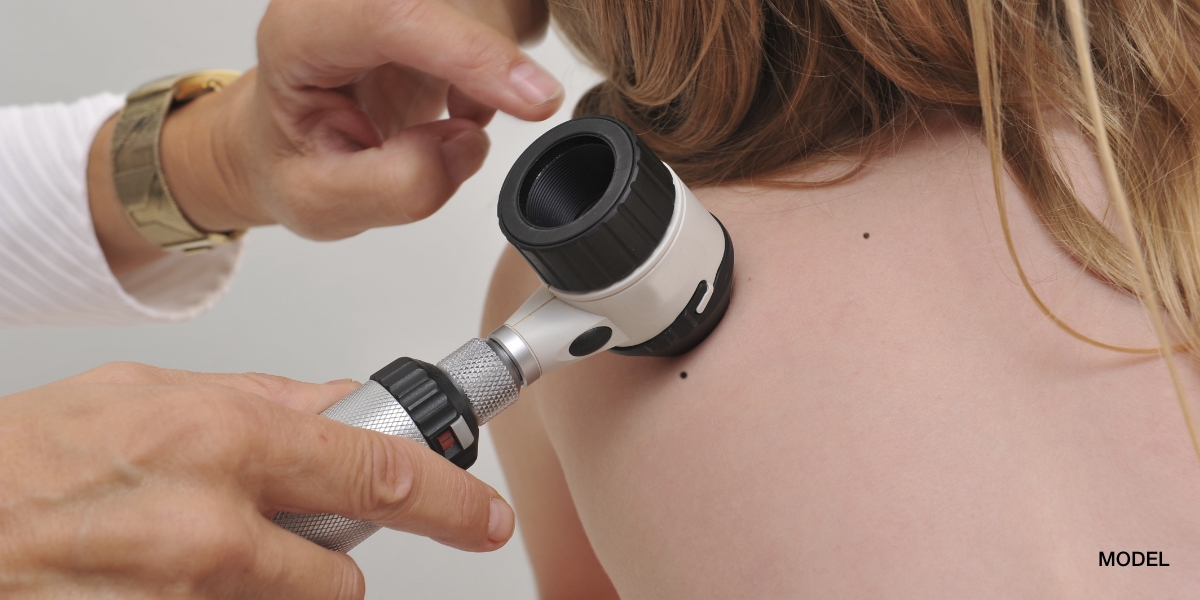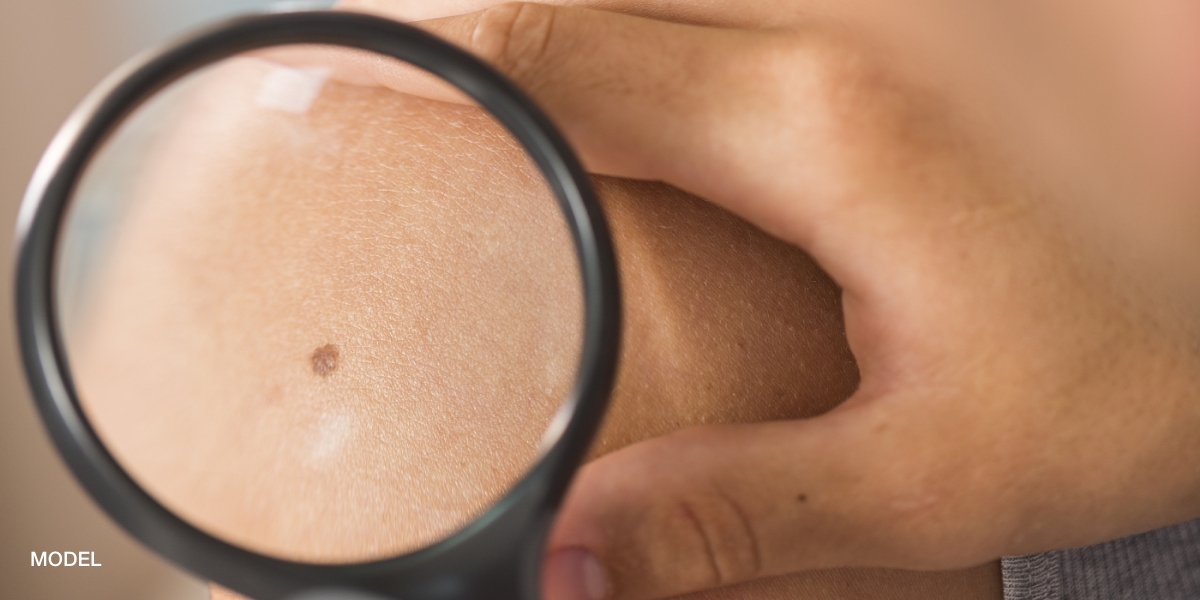The first step in the treatment plan for Lichen Planus is the identification and removal of any lichenoid triggers so some medical detective work is undertaken in both my The Woodlands dermatology and Conroe dermatology offices. Medicines are a major trigger for Lichen Planus and some major lichenoid causing drugs are: Hydrochlorothiazide (HCTZ), Antimalarials, NSAIDS, Gold (for rheumatologic disease), ACE Inhibitors, Beta Blockers, Spironolactone, Furosemide and Penicillamine. If one of my patients is on a lichenoid causing drug and has Lichen Planus, I recommend they discuss with their primary care physician changing to a non-lichenoid alternative. Oral Lichen Planus can be caused by dental amalgams but it is very difficult to remove these so an allergist should confirm that a patient is truly allergic to these dental fillings prior to extraction. Hepatitis C is another major trigger of Lichen Planus, and reducing the viral levels of Hepatitis C through Ribavirin and Interferon treatment has improved Lichen Planus in some patients. Topical treatment of Lichen Planus involves using potent topical steroids or topical immunomodulators such as Protopic and Elidel. Intralesional kenalog injections also can improve lichenoid lesions but are not feasible if a patient has diffuse disease. Systemic corticosteroids do offer improvement but it is usually on temporary as the disease recurs as the steroids are tapered. Systemic retinoids are typically ineffective except in the subtype Hypertrophic Lichen Planus. Light therapy such as PUVA or NB UVB has been effective in some patients with Lichen Planus. Oral Lichen Planus is notoriously difficult to treat as the lesions cannot be injected and it is difficult to apply topical steroids to these lesions. I recommend soaking a cotton ball with a topical steroid oinitment and lodging it against the affected area for ten minutes. Some Oral Lichen Planus patients have benefited from antimalarials and thalidomide. An oral pathologist, a dentist specializing in diseases of the oral mucosa, can help many patients with Oral Lichen Planus. Dr. John Kacher, DDS is an oral pathologist in The Woodlands who I refer many patients with this disease (www.jkpathology.com)
March 5, 2011

Medically reviewed by Anthony J. Perri, M.D.
You May Also Like



Request a Consultation (Sidebar)
Recent Posts
Categories
- Uncategorized (512)
Tags
acne (6)
acne treatment (3)
acne vulgaris (2)
basal cell carcinoma (2)
biopsy (3)
cold urticaria (1)
common skin conditions (11)
dermatologist (15)
dermatology (7)
dr. perri (8)
dry skin (1)
eczema (2)
filiform (1)
health (3)
Herpes (1)
herpessimplex (1)
hives (2)
indentification (1)
keratosis pilaris (1)
Lichen Planopilaris (1)
melanoma (2)
moles (3)
periungual (1)
perri dermatology (10)
prevention (2)
rashes (2)
rosacea (3)
rosacea therapy (2)
skin cancer (6)
skin cancer screening (5)
skin care (2)
skin checks (8)
skin condition (6)
skin conditions (8)
skin damage (2)
skin exam (8)
summertime (3)
sunburn (3)
sunburns (2)
Sunprotection (1)
sunscreen (2)
virus (1)
warts (2)
why perri dermatology (3)
woodlands dermatologist (6)
